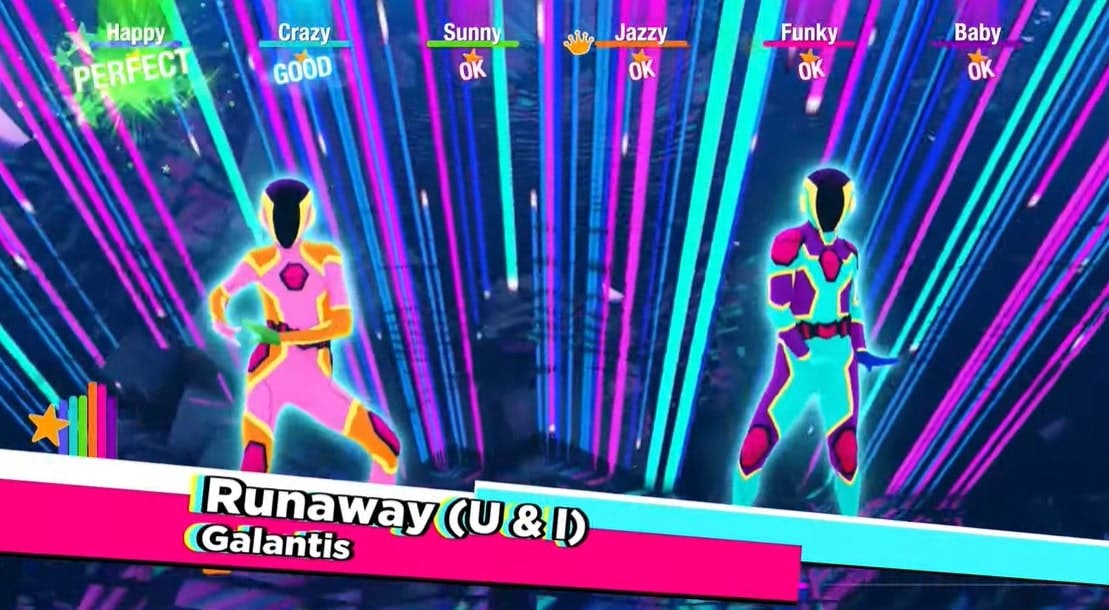

What are the politics of that that get construed both negatively and positively? I’m thinking about rappers you just mentioned like Lil’ Kim, who is top of mind as a woman who is very clear about her desires and what she wants from her partner, rapping about it and being sexy in public. But we’re not supposed to be the ones who are navigating and telling people what we want. We’re supposed to be the dancers, ready for the “Tip Drill” kind of activity. I think it is a kind of misremembering and misunderstanding of what hip-hop represents, but also what Black women in the hip-hop space are allowed to do. If you listen to anything Missy Elliott ever said, like “One Minute Man,” for example, she was very clear about her sexual decisions and choices. They put people like Lil’ Kim against Missy Elliott and say Missy Elliott was a better rapper because she was covered up. It’s interesting that people continue to have an issue with Black women talking about their bodies. So this idea of lesbian sex is a huge point of concern for conservatives. , they’re also kind of gyrating on each other. The visuals are sexy - they’re like, fantastically sexy, right? there’s tigers, and there’s snakes and it’s all of this stuff that’s supposed to be forbidden. These women come together in a song where they’re talking about making decisions about what their sexual partners should be doing, what their bodies should be doing. Whereas, Cardi, as you said, she comes from this background of selling the fantasy of sex. Houston is known as a Black city, it always has been, and Megan is very Southern, very Pimp C, sexy culture - I’ll put it like that. I think that Black women - especially the Black women who are loud, who are unapologetically sexy, who are unapologetically in your face, braggadocious - force people to face some things about who they are and who they believe themselves to be that they don’t like. The hate and discrimination that women feel on the axis of sex and that Black people feel on the axis of race - Black women sit at this spot in the middle of that. Two Black women put together two things that Moya Bailey calls misogynoir. When we have two Black women performing it, what makes it different? But “WAP” is not totally different from a lot of hip-hop songs in which there’s a sense of owning your sexuality and having agency. In this case, we have Megan, who’s from Houston and has been hustling for years, and Cardi, who is very clear about her roots as a stripper. “WAP” is just the most recent example of a way that conservatives - and I should even be direct and say some Black conservatives, too - use hip-hop as a way to discount the experiences of certain Black people, and in this case … Black women. Hip-hop is always shorthand for what ails the Black community. The history of hip-hop is a perfect example of why it might be picked up in politics the way it is right now. Black people created this particular expressive genre to talk about their experiences.

Halliday: I would say that hip-hop has always had that positionality, particularly because it is a voice in many ways for a subculture of American culture. The 19th: Has there been a similar moment to now, when a song has just totally become a conservative talking point or a cultural moment when a song transcended into politics in this way?Īria S. But Halliday argues that beyond hip-hop, women like Megan and Cardi provide a “counterpoint” to women who are touted as more obvious role models, like Michelle Obama and Vice President Kamala Harris. What Megan and Cardi provide in their artistry, Halliday says, is a sense of agency that women in hip-hop have exuded for decades amid intercommunal scrutiny and political debate. Halliday, an assistant professor of gender studies at the University of Kentucky who writes about the political significance of feminism in hip-hop, expected the fallout. Megan and Cardi did their own dance numbers before joining together on one stage, where they locked legs for a few counts.Īria S.

The Federal Communication Commission received approximately 80 complaints about the “WAP” performance from viewers, reports say. Last weekend at the 63rd Grammy Awards, Megan and Cardi took to the stage to perform the song live for the first time. Since Megan Thee Stallion and Cardi B’s “WAP” debuted last summer to critical acclaim, conservative politicians and far-right media figures have used it to lambast feminism and rap, claiming the explicit nature of the song - with its sex-positive lyrics and a decadent video to match - was a threat to children, especially young girls.


 0 kommentar(er)
0 kommentar(er)
